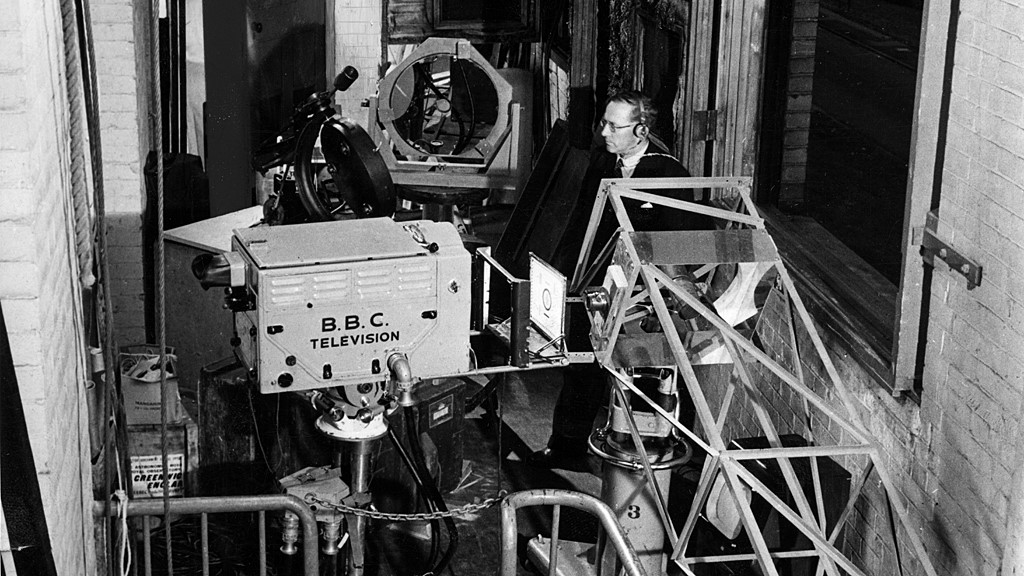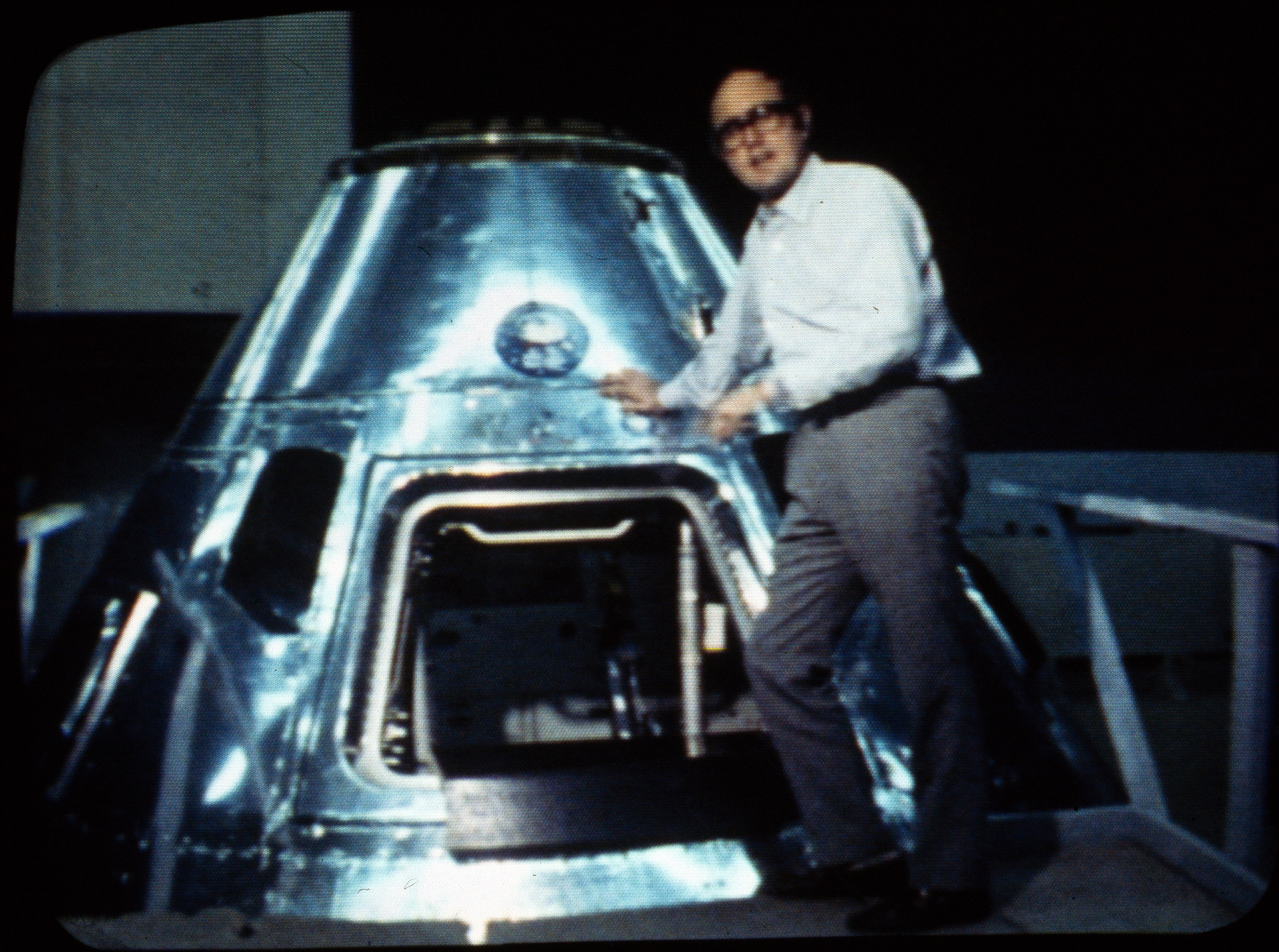BBC Apollo 11 broadcaster: Why I ignored orders during moon landing
James Burke was one of the main presenters for the historic broadcast.

The BBC broadcaster who commentated on the 1969 moon landing says he would have ruined the experience for viewers if he had obeyed orders.
James Burke was one of the main presenters as humans set foot on the moon for the first time.
BBC One stayed on air continuously overnight for its first, all-night broadcast for the Apollo 11 mission.

But Burke said that, had he had done what he was told, TV viewers might have missed Neil Armstrong’s famous words when he took his first step on the lunar surface.
“The really serious challenge was to keep your mouth shut, because the worst thing you could do would be to talk when an astronaut was talking,” he said.
“I’ll never forget when Neil Armstrong went out through the door and headed down the steps – I stopped talking and one of the control gallery people said in my ear, ‘Say something’.
“I thought, ‘No, don’t’. Imagine opening your mouth and talking over him saying, ‘One small step for man … ’.”

Previously unseen interviews detailing the BBC’s coverage of the Apollo 11 mission have been released by BBC History to celebrate the 50th anniversary.
Armstrong, Buzz Aldrin and Michael Collins launched into space on July 16 1969.
Armstrong and Aldrin walked across the lunar surface into the early hours of July 21, taking photos, collecting samples, planting a US flag and taking a call from then-president Richard Nixon.
Cliff Michelmore anchored all the main broadcasts, while Burke and Patrick Moore focused on the technical aspects and science of the mission in a broadcast which attracted a peak of 16 million UK viewers.
Former Tomorrow’s World presenter Burke said: “Neil Armstrong landed with 17 seconds (of fuel) left, and that proved the metal of those people – they were all extraordinary people.”
He said: “All of us felt that for the first time we recognised how small the earth was, how big the rest of the universe was, how black and empty it was and how far it was to the next port of call – there was just us, certainly nothing in the solar system.
“There was a feeling that we would go on adventuring into space. At the same time there was a feeling that we should stop doing that immediately and spend the money, time and energy on cleaning up the planet and poverty and pollution.
“I think that’s when the ecology movement probably got its major boost, when people realised if you don’t clean up this small blue dot, we’re going to have a very dirty place to live in and there will be nowhere else.”
More information can be found on the History Of The BBC website.





